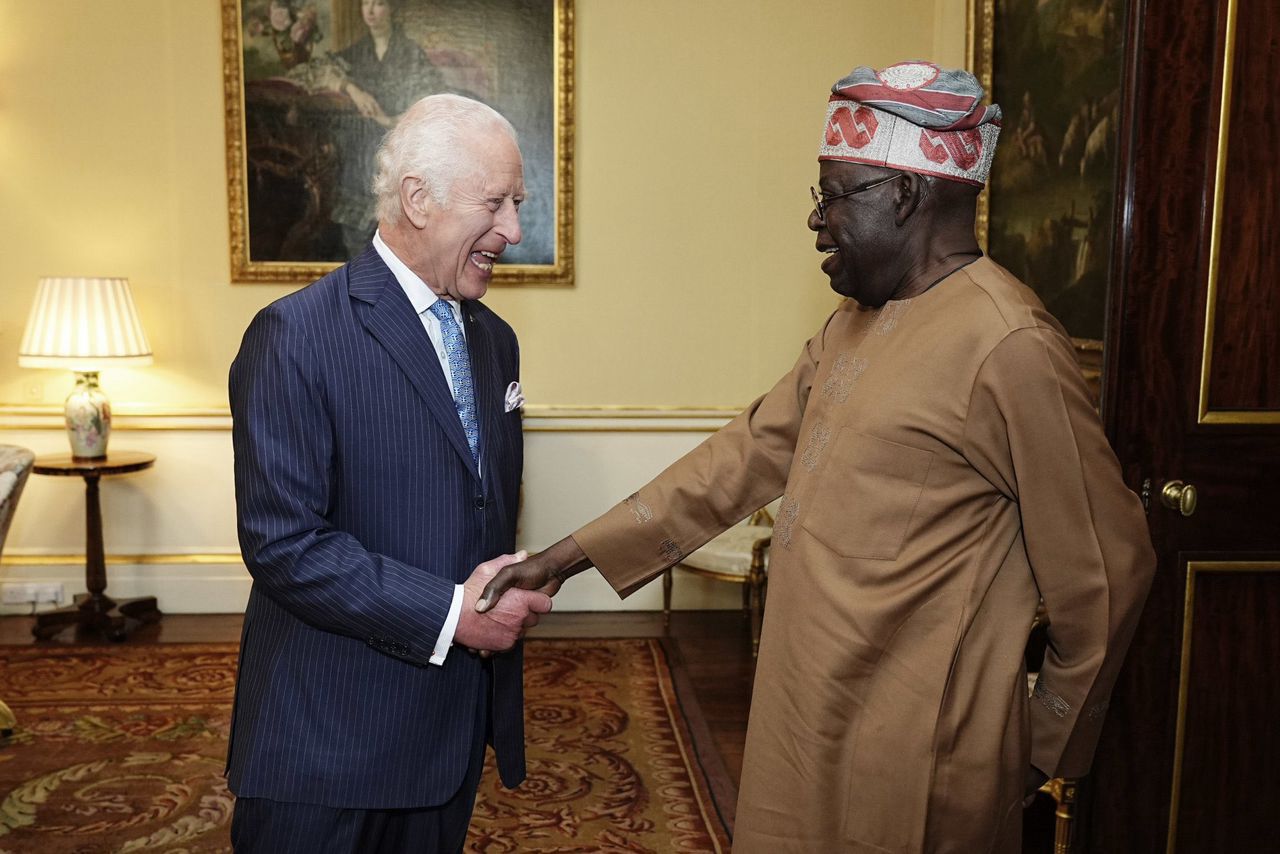By
Evans Ufeli Esq
The prerogative of mercy in Nigeria is the constitutional power vested in the President and Governors to temper the strict application of criminal law by granting pardons, reprieves, respites, commutations or remissions. It is a distinctly executive remedy designed to correct injustices, respond to humanitarian concerns, or mitigate sentences where mercy is appropriate.
The power is provided by the Constitution and is exercised by the President in respect of offences against federal law and by Governors for offences against state law.
Sometimes, the President commonly considers several factors when deciding mercy petitions: evidence of wrongful conviction or new material evidence; disproportionate or manifestly harsh sentences; terminal illness, advanced age, or severe disability; demonstrable rehabilitation and good conduct while imprisoned; or exceptional humanitarian considerations. Mercy is often invoked in capital cases to commute death sentences on grounds of mercy or doubt.
There is no uniform procedural statute setting out a single nationwide process. In practice, petitioners submit applications to the Attorney‑General of the Federation (for federal matters) or to the State Attorney‑General and Governor (for state matters). The Attorney‑General usually reviews the case, seeks reports from trial courts, prisons, police or parole authorities, and may consult an advisory committee on mercy where such committees exist. The President or Governor makes the final decision and may act on the advice received. Timeframes vary and decisions are typically communicated to the petitioner through official channels.
The prerogative of mercy is a discretionary executive power. Historically, courts have been cautious about interfering with its exercise because it is designed to be a non‑judicial, humanitarian mechanism.
Common criticisms include lack of transparency, lengthy delays, perceived politicization, inconsistent standards, and limited access to information about how decisions are reached. Civil society and legal commentators have urged reforms: statutory guidelines, published criteria, independent advisory panels with legal and medical experts, guaranteed timelines for petition consideration, and mechanisms for victim input where appropriate. Such measures would preserve the humanitarian purpose of the prerogative while strengthening public confidence in its exercise.
Read Also;
Enugu gov, exco, lawmakers defect to APC
The prerogative of mercy remains an essential safety valve in Nigeria’s criminal justice system -an executive tool for righting wrongs and applying compassion where strict legal outcomes would be unjust. Improving its transparency, procedure and independence would better align its use with the rule of law and human rights standards while retaining its core function as an act of executive clemency.
I shall go to Rabbi again.




